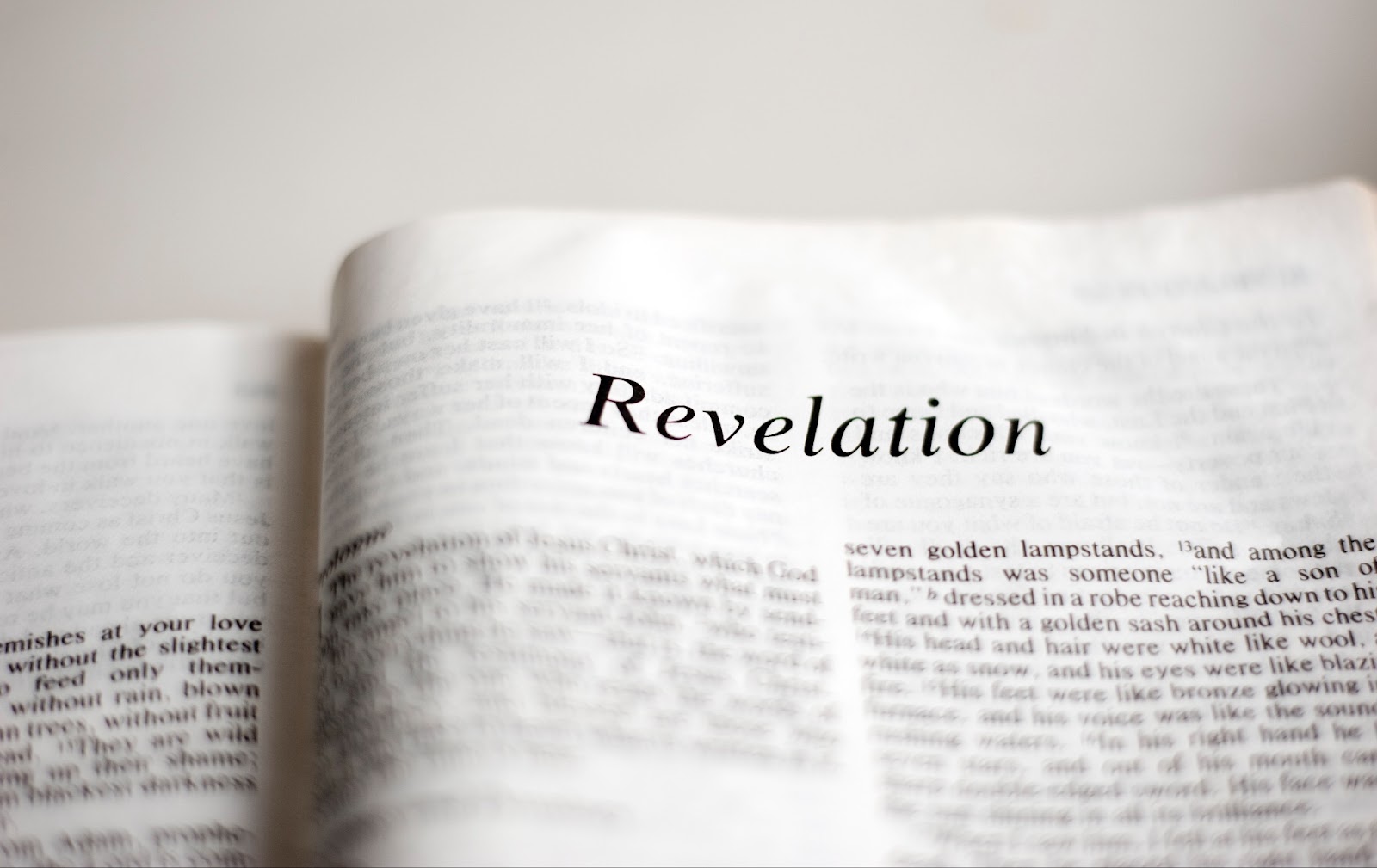The Book of Revelation, frequently referred to as the Apocalypse of John, holds a critical position within the rich tapestry of biblical scripture. Renowned for its vivid imagery and prophetic narrative, this powerful message from the aged Apostle John stirred from the confines of Patmos, a secluded island in the Aegean Sea near present-day Turkey. Step into this journey as we shed light on the fascinating context surrounding this pivotal book and probe into the intriguing question: Was John truly its author?
The Enigma of Patmos and the Book’s Genesis
Away from the hustle and bustle of the mainland, on the rugged terrains of Patmos, John scribed the profound revelations that constitute this book. The reason for his residence on this remote island, though widely accepted to be the result of exile, could be an enlightening piece of the puzzle about the book’s inception.
The historical backdrop that framed John’s writing is worth exploring. Envision the harsh reality of a 1st-century Roman empire, unleashed under the fierce rule of Domitian. Given this tumultuous era, the Book of Revelation’s intense themes of persecution, hope, and ultimate redemption carry even more weight.
John’s Authorship: A Point of Contention?
Over the centuries, the mainstream belief has credited John, one of Jesus’s close companions, as the author of this complex text. However, could this long-accepted notion be merely an assumption?
Contrary to popular belief, the text’s style is unlike any other of John’s known works. The linguistic disparities and thematic contradictions have raised eyebrows, sparking debates among scholars. Some argue that the Johannine community, a group of early Christian believers, might have had a hand in its creation.
Let’s consider these key observations:
- Linguistic inconsistencies: The Greek used in Revelation significantly differs from that in the Gospel of John;
- Thematic variations: The portrayal of Christ is markedly different across both texts;
- Absence of direct claim: The Book of Revelation doesn’t explicitly claim John the Apostle as its author.
The Author Behind the Revelation: Distinguishing John the Apostle from John the Elder
The Book of Revelation – an integral piece of the biblical canon, was penned down by a man identified in the text as John. But which John? A fleeting perusal may blur the lines between two significant characters of the time: John the Apostle, the known author of one of the four gospels (the Gospel of John), and John the Elder, a prophetic figure during the reign of Nero linked to the authorship of the Book of Revelation.
Deciphering the Biblical Johns: An Identity Puzzle
During the biblical times, John was a widespread name, like today’s “John Doe.” For instance, John Mark was another distinguished figure of the period. Therefore, merely spotting the name ‘John’ in any biblical text might lead to an incorrect assumption about the authorship if adequate care is not taken.
To avoid such confusions, it is recommended to first refer to the Gospels of Matthew and Mark prior to ascertaining the identity of John, ensuring the correct context.
John the Apostle vs. John the Elder: Comparative Analysis
Although the identities seem to intertwine, the Apostle John and the Elder John are distinct individuals contributing uniquely to the biblical narrative.
- John the Apostle: As one of Jesus’s twelve apostles, John the Apostle played a pivotal role within the New Testament. His contributions include the Gospel of John, which offers a detailed account of Jesus’s life and teachings;
- John the Elder: This John is a significant figure during Nero’s reign had prophetic gifts, a characteristic that aligns with the prophetic nature of the Book of Revelation.
While the Apostle John’s contributions to the Gospel are widely accepted, the authorship of Revelation is often attributed to John of Patmos, who may be different from both John the Apostle and John the Elder.

Unveiling the Historical Layers: The Book of Revelation in Context
The full essence of the Book of Revelation, often referred to as the Apocalypse, can be appreciated only when enveloped within its rich historical context. Born amidst the reign of the Roman Empire, the profound revelations within this chronicle were not written directly by Jesus Christ but were communicated through John of Patmos.
The Historical Tapestry: John’s Exile and the Roman Empire
The Book of Revelation came into existence during an era of turmoil within the confines of the formidable Roman Empire. Emperor Domitian, who held reign from 81 to 96 AD, was instrumental in exiling John to the barren island of Patmos. It was amid these harrowing circumstances that John crafted this prophetic letter.
The Motive: A Prophetic Guide for the Faithful
John’s underlying purpose in creating this apocalyptic narrative was to equip the faithful with spiritual insight about the looming calamities. He aimed to offer them a chance to spiritually brace themselves for the impending trials, thereby reaffirming their faith.
The Significance of Studying the Book of Revelation
Recognized as a pivotal text within Christian literature, the Book of Revelation presents a profound chronicle of prophecies surrounding the end times or eschatology. It elucidates on the crucial juncture when Jesus Christ will mark His divine return, ushering in His Kingdom on earth.
Unveiling the Eschatological Narrative
The Book of Revelation unlocks an intricate narrative of cosmic battles between the forces of good and evil. It delves into the significant players marking this celestial clash and their roles in the grand scheme of events. With its vivid imageries and profound metaphors, the Revelation paints a gripping picture of the end times.
Three key reasons underscore why a Christian should delve into the study of this enlightening scripture:
- Insight into the Divine Plan: The Revelation offers an exclusive glimpse into God’s divine plan for the end times, providing believers a clear picture of what to expect;
- Strengthening of Faith: Understanding the future tribulations and God’s final victory instills a deeper faith in believers, reinforcing their commitment to Christ’s teachings;
- Preparation for the Final Battle: The detailed account of the climactic good vs evil battle prepares believers for their role during these trying times.
Conclusion
The Book of Revelation, distinguished as a jewel in the crown of Biblical scripture, offers an unparalleled insight into eschatology, Jesus’s second coming, and the final cosmic battle between good and evil. As believers dive deep into this profound narrative, they develop an enlightened perspective on the end times, fortifying their faith. By understanding each character’s role in this celestial drama, they can better prepare for their spiritual journey ahead. The Book of Revelation, irrespective of its complex authorship, continues to serve as an indispensable guide, echoing its timeless wisdom across centuries.


No Responses